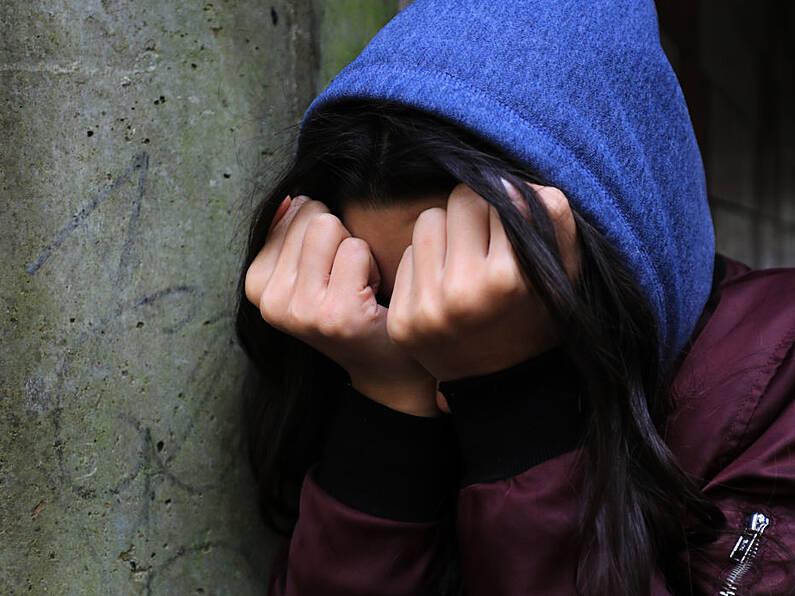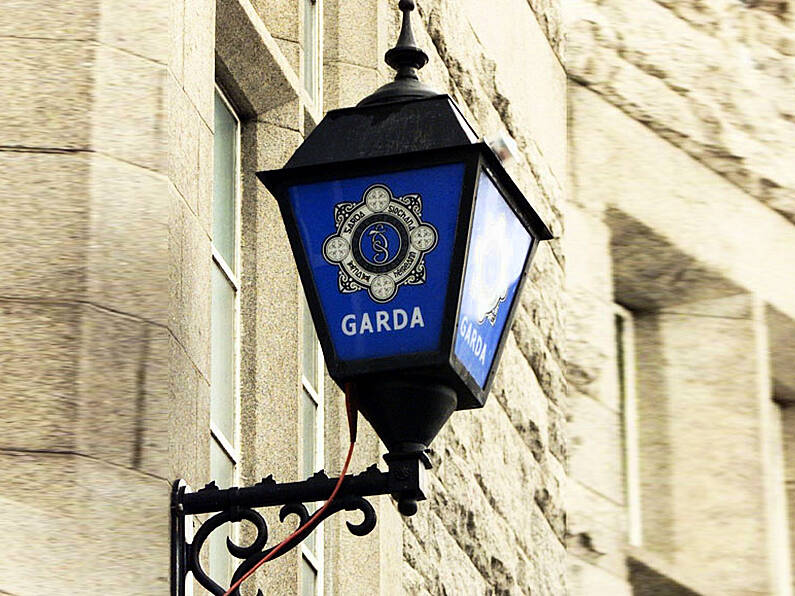The Children’s Rights Alliance says the Irish government has failed to keep its promise to children in relation to mental health, and is “struggling to deliver effectively” on housing.
The organisation launched its Report Card 2024 on Tuesday, which grades the coalition government on the progress made in commitments to children contained in the Programme for Government.
This is the fourth analysis of Fianna Fáil, Fine Gael and the Green Party’s promises in ‘Our Shared Future’ – and how it performed for children in 2023 by analysing 1,615 promises made to children and young people and rating the Government’s efforts.
It gave progress on child mental health services an E grade, the third consecutive E grade in this area; a D grade on ending Direct Provision; and a D minus grade on family homelessness due to the record number of homeless childnre, though it said “green shoots” are beginning to emerge on the issue.
“In 2023 we also saw the number of people leaving homeless accommodation and entering the private market fell to 58 per cent, meaning that 42 per cent went to more sustainable tenancies such as social housing,” the Alliance said.
While making criticisms on mental health services and housing, it said “many strides” were made on education.
The organisation gave both the early childhood education and care and the free school books scheme a high A minus grade.
In recognition of the sustained investment in the Hot School Meals Programme, the Government was awarded a B grade for tackling food poverty.
Chief executive of the Children’s Rights Alliance Tanya Ward said it was “an important year” for investing in public services for children, naming the €4.7 million investment into affordable early years education, the expansion of both the free school books scheme and the school meals programme.
“At the same time, the Government is struggling to get ahead of demand on housing, including for people seeking protection,” she said.
On housing and Direct Provision, Ms Ward said that almost 4,000 children in emergency accommodation, according to the latest figures, means that Ireland is “miles behind where we need to be” to house young people “whose world is being reduced to one small room”.
She added: “We acknowledge that the Government is working in difficult circumstances particularly because of the Russian invasion of Ukraine.
“At the same time, while they are moving ahead with addressing poverty for children seeking protection, it is extremely concerning that so many children are now in unsuitable accommodation that has a detrimental impact on their development and wellbeing.”
On children’s mental health services, it said it was “worrying” the Government committed to ending the practice of admitting children to adult units, and four years later they were stating it may not be the case that Ireland will ever be able to stop children being put in adult facilities.
Ms Ward said: “Admitting children in adult units when they are in distress is very frightening for them. The Report Card reveals that 12 children were admitted in the last year. This is down from 20 in 2022.
"However, serious questions need to be raised about the lack of CAMHS beds, with 50 per cent of the admissions in 2023 caused by the lack of CAMHS capacity.”
Ms Ward added: “It is also important to note new initiatives announced by the Government that demonstrate their desire to develop innovative programmes and solutions that work to address the acute inequality experienced by Traveller families, children with disabilities and those of ethnic minorities with investment in the Equal Participation Model at early years and new guidelines on the use of reduced school days.
“The targeted measures combined with the consistent progress on universal measures such as school books and hot school meals is an encouraging sign of what can be achieved with the Child Poverty and Wellbeing Unit fully operational and adequately resourced in future budgets.”
By Gráinne Ní Aodha, PA
Keep up to date with all the latest news on our website Beat102103.com.






